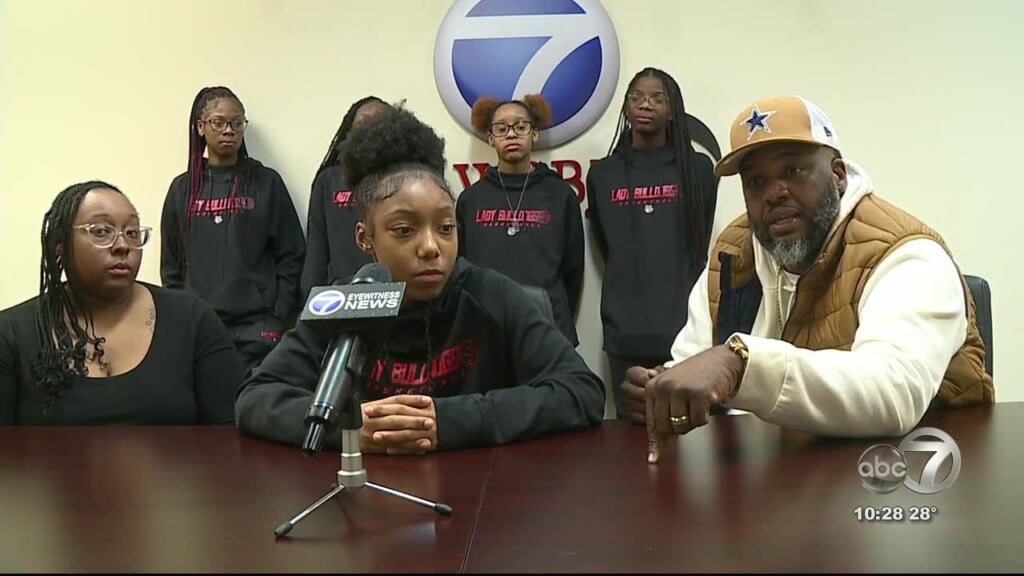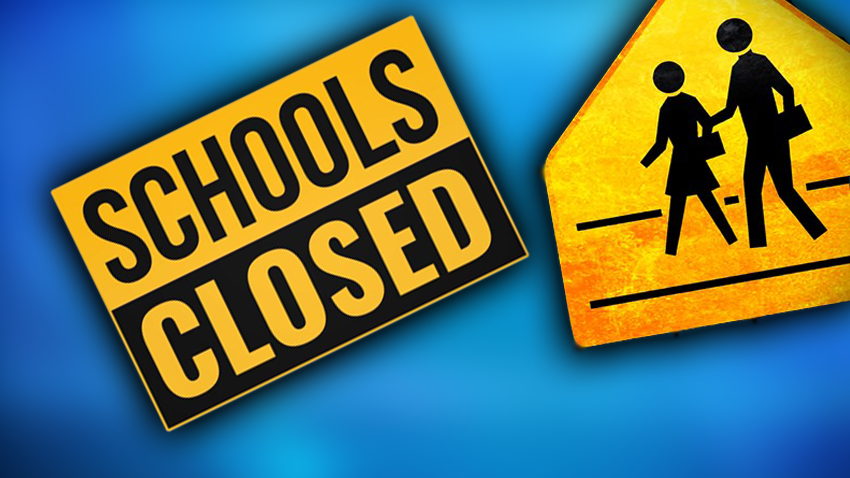The ‘Protecting Children from Social Media Act’ has passed, how does it work?
JACKSON, Tenn. — Parents and guardians of those under 18 may want to listen up. As of January 1, Tennessee lawmakers have put in place a bill regarding your child’s social media usage.

On April 15, 2024, there was a bipartisan bill passed called “Protecting Children From Social Media Act.”
We spoke with State Representative Johnny Shaw and Senator Page Walley on their stance and hopes with the bill.
“To say that we are infringing on a teenagers rights, I don’t believe that. I just think that is our responsibility until they get of age to make those decisions themselves,” said Shaw.
Minors are described as those who are “Under 18 and that are not emancipated by law.” While a social media platform is defined by “Means a website or internet application that allows a person to create an account and enables an account holders to communicate with other account holder and users through posts.”
These platforms may include Meta platforms, X, , Roblox, TikTok, Snapchat, Discord, Twitch and more.
Rep. Shaw says this bill could help protect minors from obscenity online.

“I just believe that a law is a step in the right direction to protect minors from pornography and things of that nature. Until they get of age — old enough for them to make their own decisions as to whether they want to visit those sights or not,” said Shaw.
Verification will also still occur for those who had accounts prior. Account verification can be expected to take place “Within 14 days of the account holder’s attempt to access an existing account.”
Sen. Walley says that, as technology advances, the ways in which we work to safeguard minors online should advance with it.
“As technology advances, ethics has to advance and protections has to advance. That’s what we’re doing. It’s hard to keep up with the advancement of technology. So this is our responsible position to take in doing that,” said Walley.
Parents will now be able to apply restrictions to minor’s social media platforms. Restrictions include setting daily time restrictions and implementing breaks during which the minor cannot access the account.
“Just like they have on so many TV’s now, parents can filter out content that’s appropriate or inappropriate for their children. So something along the lines,” said Walley.
If this recent act faces any challenges, Shaw shares that there will be accountability put in place to correct this act.
“To say ‘yes, this is someone who is 21-years-old’ or ‘this is someone who is 16-years-old,’ well I’m not for sure how that’s going to work. I don’t know all of the pieces to it in terms of how that’s going to work but I do think that accountability is very important and we should put it in place,” said Shaw.
To read the full bill, click here.
For more Tennessee news, click here.












